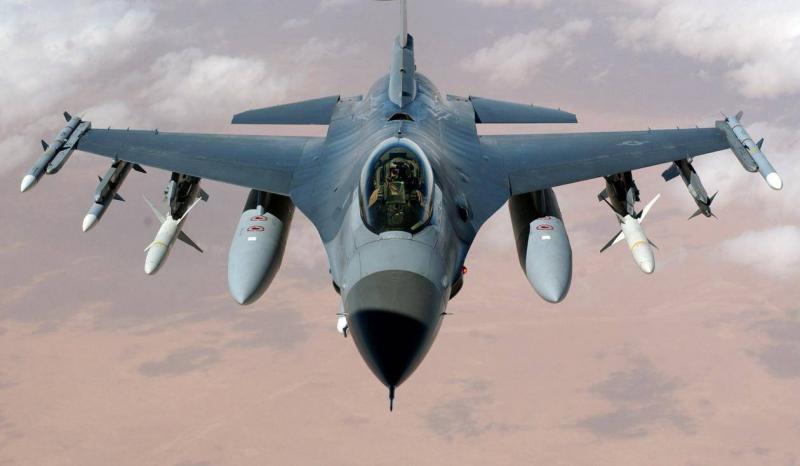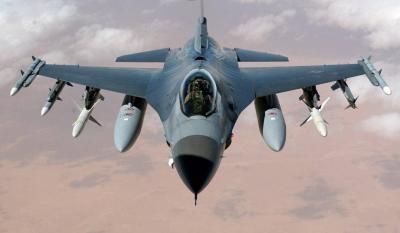Saudi Arabia is seeking to purchase new fighter jets to add to its air fleet, and Boeing hopes the kingdom will choose the F-15EX Eagle II, preferring it over competing offers from Britain's Eurofighter Typhoon and France's Dassault Rafale multi-role fighters. This three-way competition highlights that Saudi Arabia has never acquired F-16 fighters, which is considered unusual, according to a report by Forbes magazine.
The American aerospace giant Boeing points to Riyadh's extensive experience over several decades operating F-15 aircraft, of which Saudi Arabia has nearly 230. So why doesn’t Saudi Arabia own F-16 fighters? When Saudi Arabia sought to acquire its first F-15s in the 1970s to replace 44 old British Lightning fighters, it insisted that it would not accept a lesser variant of the aircraft. Israel strongly opposed the sale, and in response, Saudi Arabia warned it would purchase Mirage F1 planes from France if the United States did not pass the deal in response to Israeli pressure.
The U.S. State Department faced a dilemma; Israel was concerned about Saudi Arabia acquiring the fighter, but Washington did not want to lose the deal, which could have gone to Britain or France. The State Department believed the optimal solution was to offer F-16s to Riyadh as an alternative option. Washington thought persuading pro-Israel supporters in Congress to supply Saudi Arabia with F-16s would be easier.
A memorandum dated May 1977 from National Security Advisor Zbigniew Brzezinski noted that the State Department believed it would be "practically impossible" to obtain congressional approval for F-15s due to their extensive capabilities and complexity. The department noted that the "lightweight F-16, although still highly controversial, might have a better chance of success," thus facilitating the deal with the kingdom.
While the U.S. Deputy Secretary of Defense recommended the F-16 to Riyadh in 1976, he told the Saudi Defense Minister, "If you want the F-15, the choice is yours." Riyadh firmly believed that the F-15 was the most suitable fighter to support the air superiority it sought at the time. Brzezinski dismissed in his memo that the Saudis would accept the F-16 instead of the F-15, stating: "They want an air defense fighter and independently determined that the F-15, with its twin-engine and all-weather capability, best meets their needs."
Ultimately, despite significant opposition and skepticism regarding the sale, Congress approved it by a majority of 54 votes to 44 after Saudi Arabia accepted substantial restrictions on using those advanced fighters in ways that might threaten Israel. However, these restrictions, such as not deploying them at the Tabuk airbase in the northeast of the kingdom, were only loosely enforced at best.
Later, Saudi Arabia briefly considered purchasing F-16s to replace its aging F-5 fighters. In 1997, it explored a multi-billion dollar deal to acquire 102 F-16s but quickly backed down after Israeli Prime Minister Benjamin Netanyahu expressed his opposition, which further angered Riyadh.




